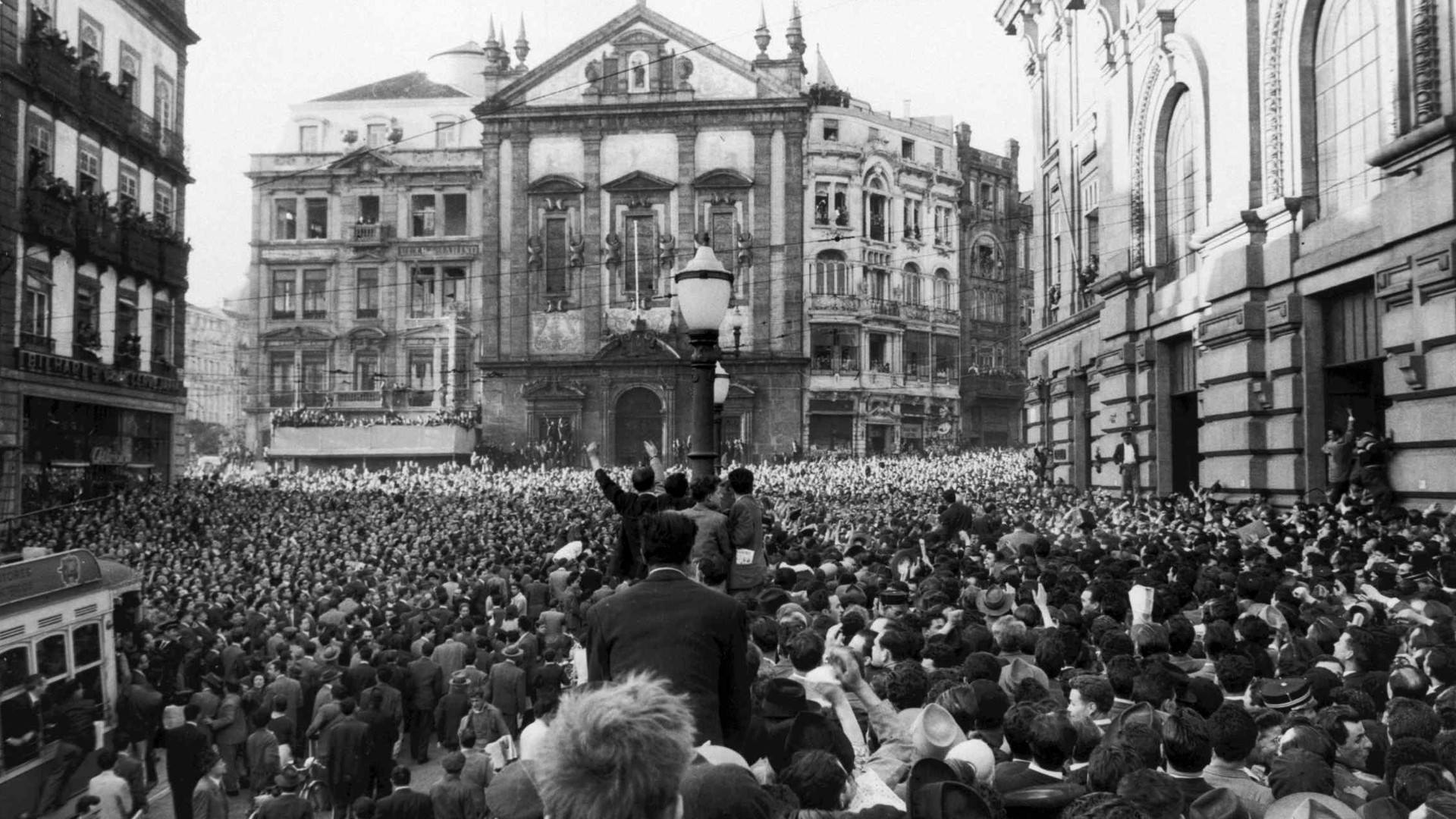
In March, Lisbon becomes the Capital of International Intrigue
Between 2 and 31 March, at the Portuguese Cinematheque
Open call for the Revista de História das Ideias: Cultures of Fire
Deadline: 30 September 2026
History is at School! — New educational programme from the IHC
Programme aims to familiarise students with historical research and its tools
Open call for the journal Aniki: New Challenges of Interactivity in Narrative Creation
Deadline: 15 February 2026
The Government of Us All: IHC launches challenge to local governments
The Government of Us All. 50 Years of Democratic Local Government (1976–2026)
News
-
 Between 2 and 31 March, at the Portuguese Cinematheque
Between 2 and 31 March, at the Portuguese Cinematheque -
 She is now a Visiting Researcher at CAST, University of Bologna
She is now a Visiting Researcher at CAST, University of Bologna -
 Following elections held on 15 December 2025, the new governing bodies took office for the 2026-2028 term
Following elections held on 15 December 2025, the new governing bodies took office for the 2026-2028 term -
 Applications are open until 16 February
Applications are open until 16 February -
 Will take office as a Full Member
Will take office as a Full Member -
 The city took up the challenge launched by the IHC last year
The city took up the challenge launched by the IHC last year -
 Distinguished social and cultural historian from the University of Oxford
Distinguished social and cultural historian from the University of Oxford -
 Film cycle focusing on the relationship between his work and this art form
Film cycle focusing on the relationship between his work and this art form -
 Special supplement to the journal História, Ciências, Saúde — Manguinhos
Special supplement to the journal História, Ciências, Saúde — Manguinhos -
 Awarded jointly by the IHC and the Monument to the Discoveries / Lisboa Cultura
Awarded jointly by the IHC and the Monument to the Discoveries / Lisboa Cultura -
 The IHC is one of the participating institutions of the Transatlantic Crossroads Lab
The IHC is one of the participating institutions of the Transatlantic Crossroads Lab -
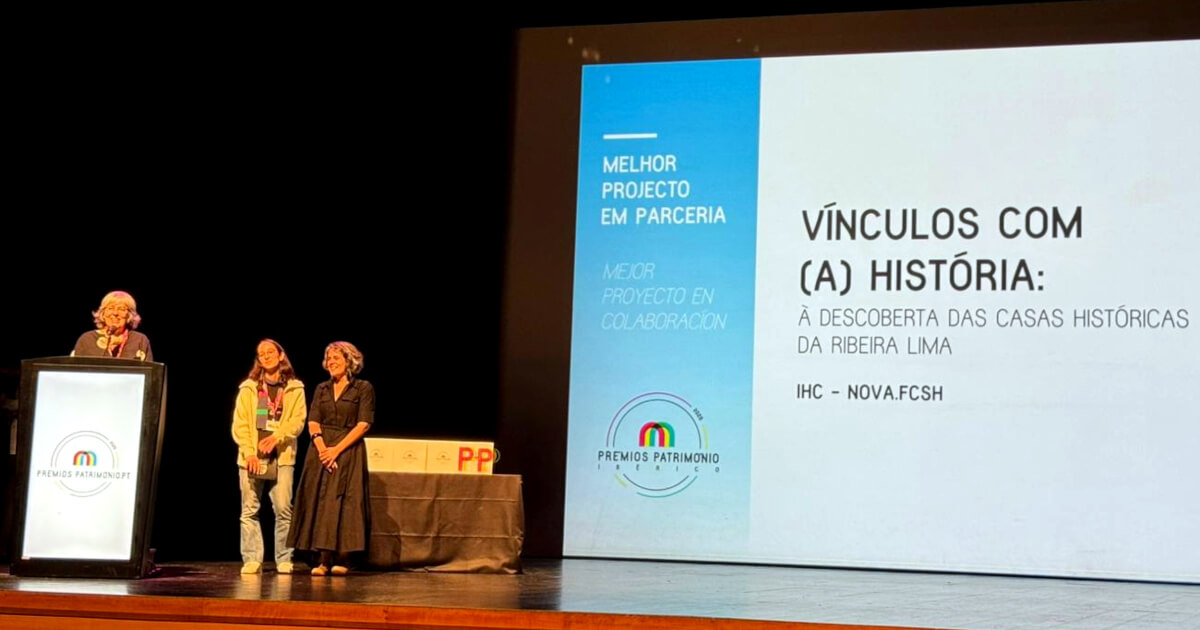 It was the winner of the Best Partnership Project
It was the winner of the Best Partnership Project -
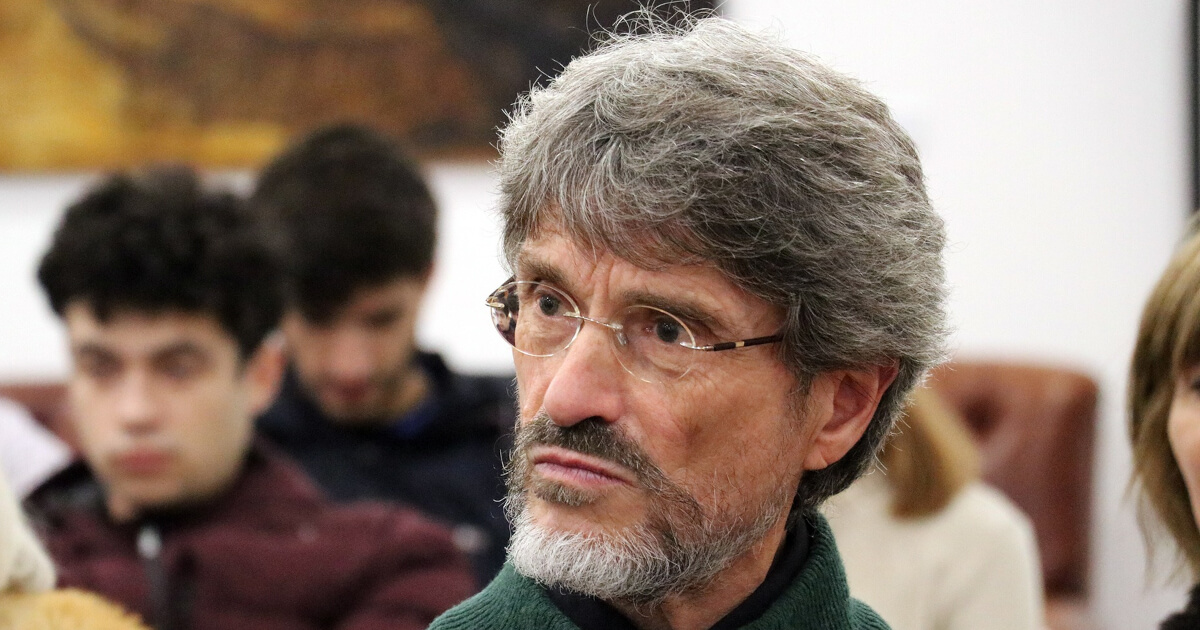 The commemorative session marked his retirement
The commemorative session marked his retirement -
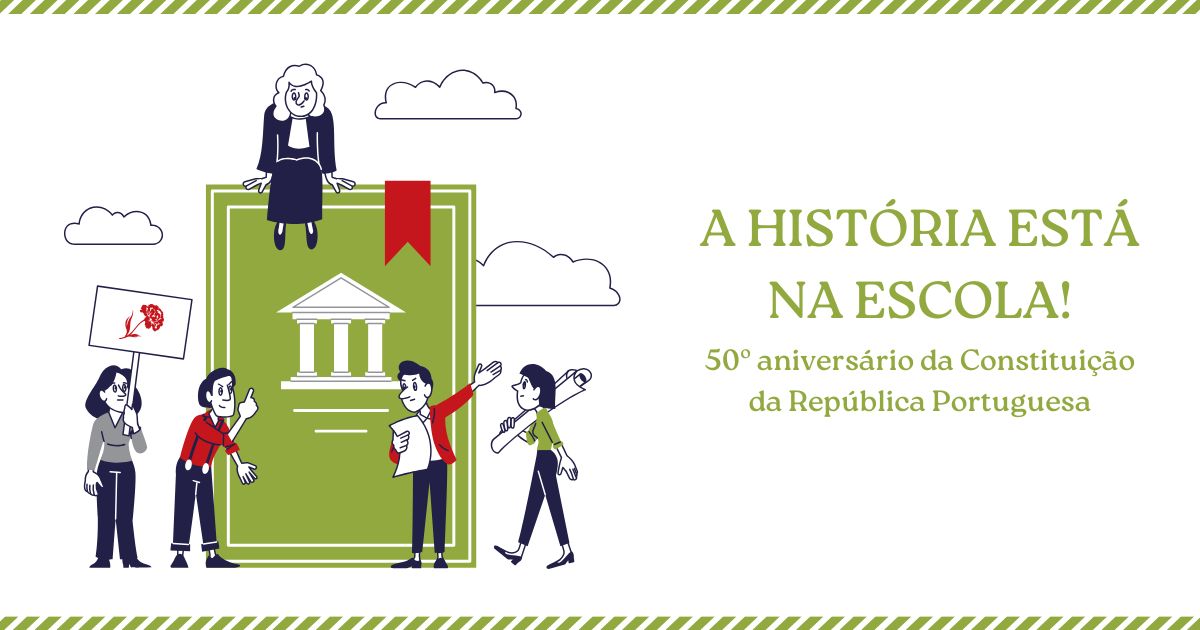 Programme aims to familiarise students with historical research and its tools
Programme aims to familiarise students with historical research and its tools -
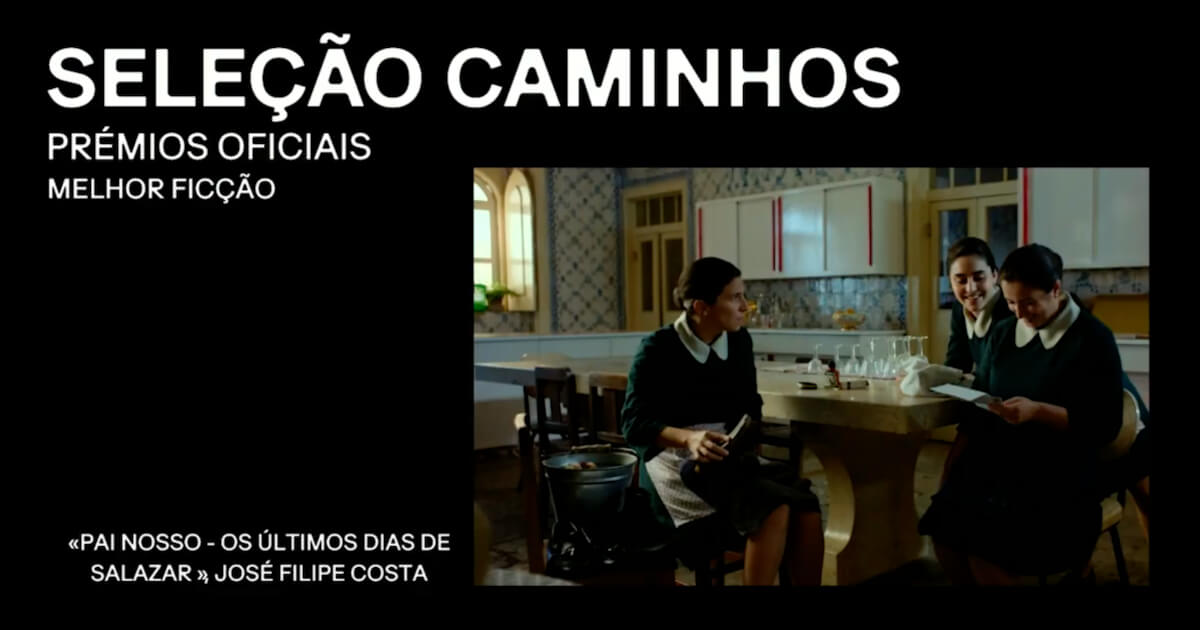 received three awards at the Caminhos do Cinema Português festival
received three awards at the Caminhos do Cinema Português festival -
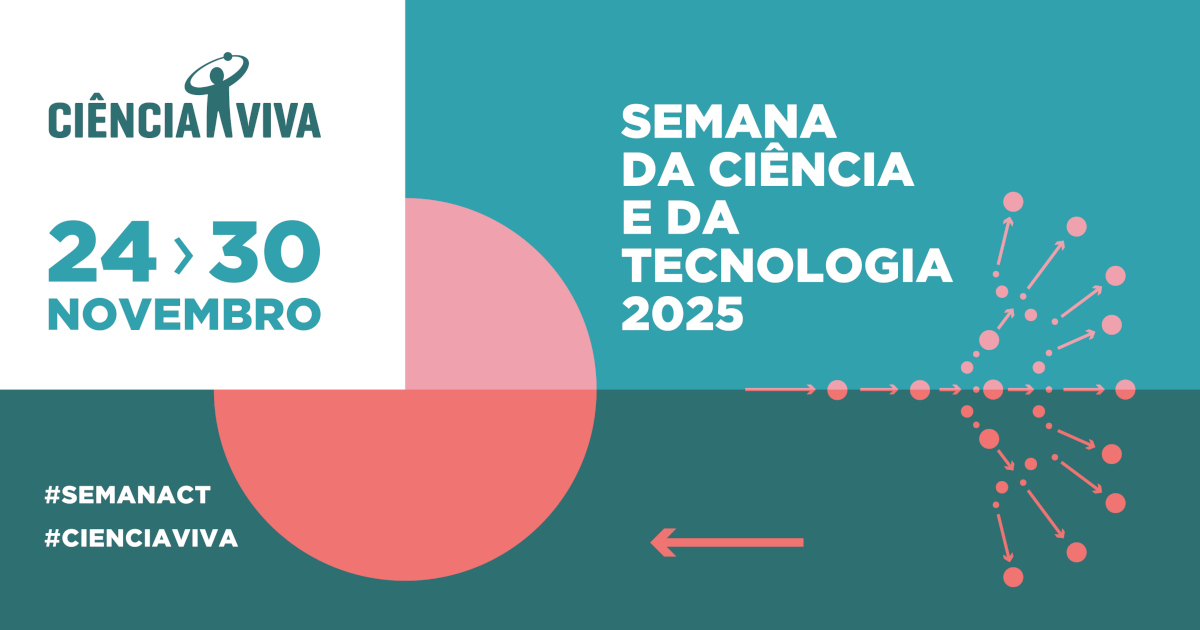 The two activities hosted by the IHC will take place on 25 November
The two activities hosted by the IHC will take place on 25 November -
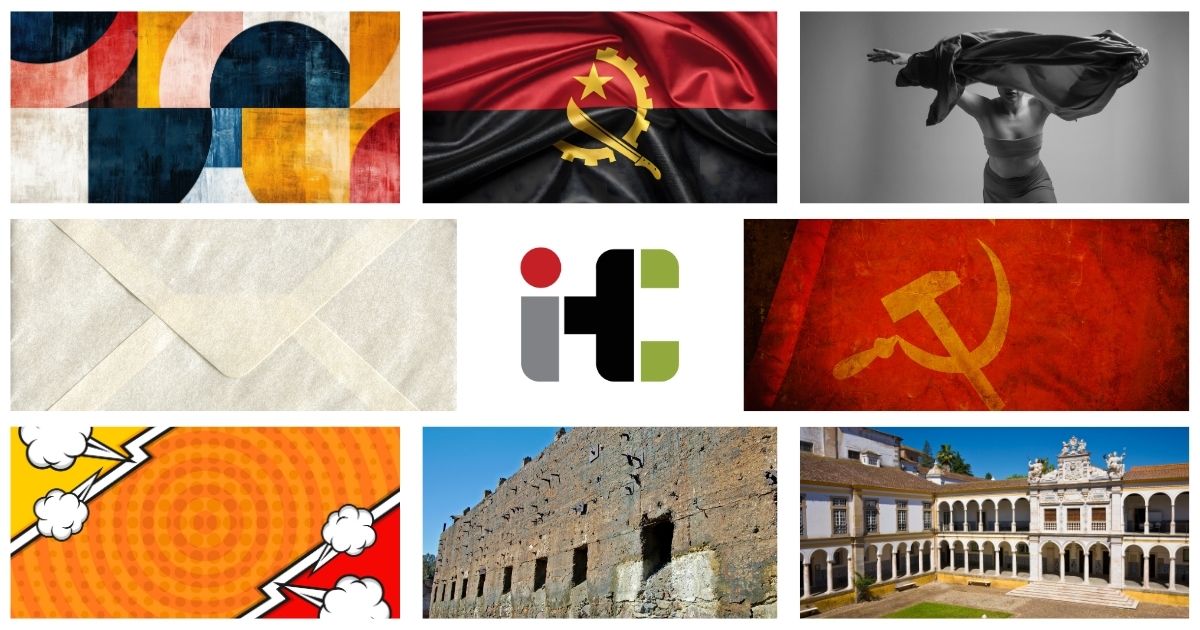 The IHC supported applications for four different PhD Research Scholarships calls
The IHC supported applications for four different PhD Research Scholarships calls -
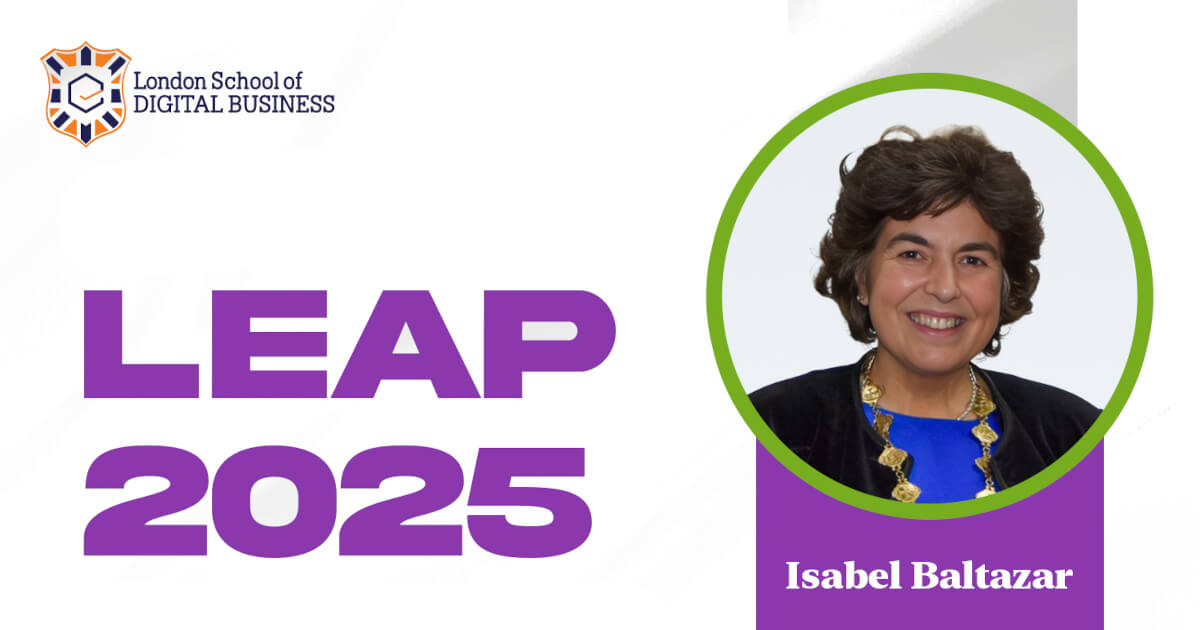 Isabel Baltazar was honoured at the International Educational Awards
Isabel Baltazar was honoured at the International Educational Awards
Events
february, 2026
Event Type :
All
All
Colloquium
Conference
Conference
Congress
Course
Cycle
Debate
Exhibition
Launch
Lecture
Meeting
Movie session
Open calls
Opening
Other
Presentation
Round table
Seminar
Showcase
Symposium
Tour
Workshop
No Events
Publications

Review of ‘Women’s History at the Cutting Edge’
Giulia Strippoli writes a critical review of the book Women’s History at the Cutting Edge, edited by Teresa Bertilotti, on women’s history.

Review of ‘Subterranean Fanon’
Manuela Ribeiro Sanches writes a critical review of the book Subterranean Fanon, by Gavin Arnall, on Frantz Fanon.

On the debates on populism
Paper by Fernando Dores Costa, published in the journal Práticas da História, where he analyses the phenomenon of populism.

Administrar para manter o regime
Chapter by Ana Carina Azevedo, included in the book Construção do Estado, Movimentos Sociais e Economia Política, about public administration reform.

A era dos congressos
Chapter by Joana Dias Pereira, included in the book Construção do Estado, Movimentos Sociais e Economia Política, about the associative movement and liberalism.

Construção do Estado, Movimentos Sociais e Economia Política
Book coordinated by Joana Dias Pereira et al. about the processes of construction of the Contemporary State and its articulation with social movements.
Search
News
VINCULUM — An end and a new beginning
Feb 24, 2026
FCSH hosted the closing session of the VINCULUM project
In March, Lisbon becomes the Capital of International Intrigue
Feb 21, 2026
Between 2 and 31 March, at the Portuguese Cinematheque
Anita Buhin is on a research mission in Italy
Feb 20, 2026
She is now a Visiting Researcher at CAST, University of Bologna
Opportunities
FCT’s PhD Studentships
Mar 15
Deadline (IHC): 15 March 2026
Postdoctoral Research Fellowship — CATTLE IN MOTION
Feb 18
Deadline: 18 February 2026






